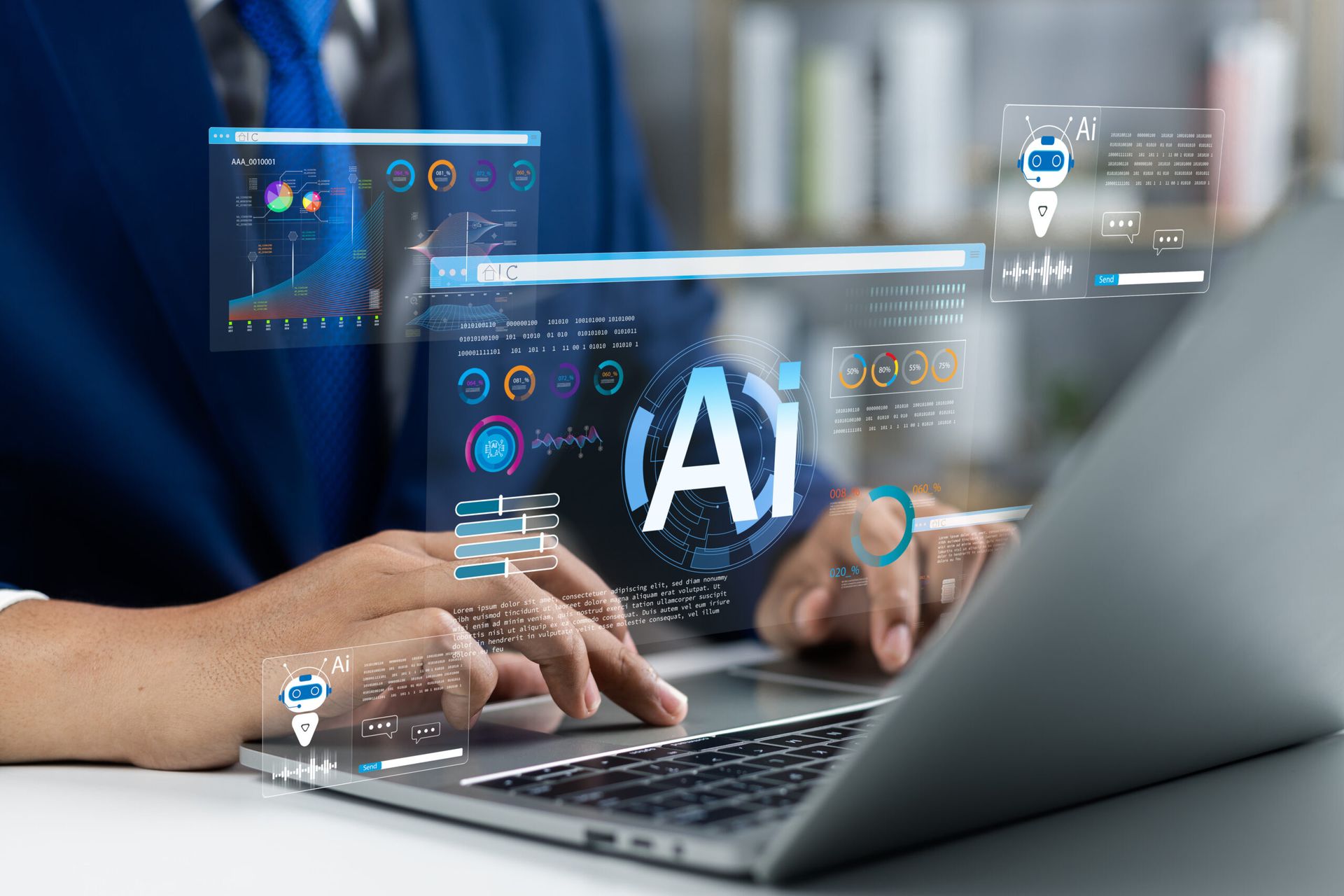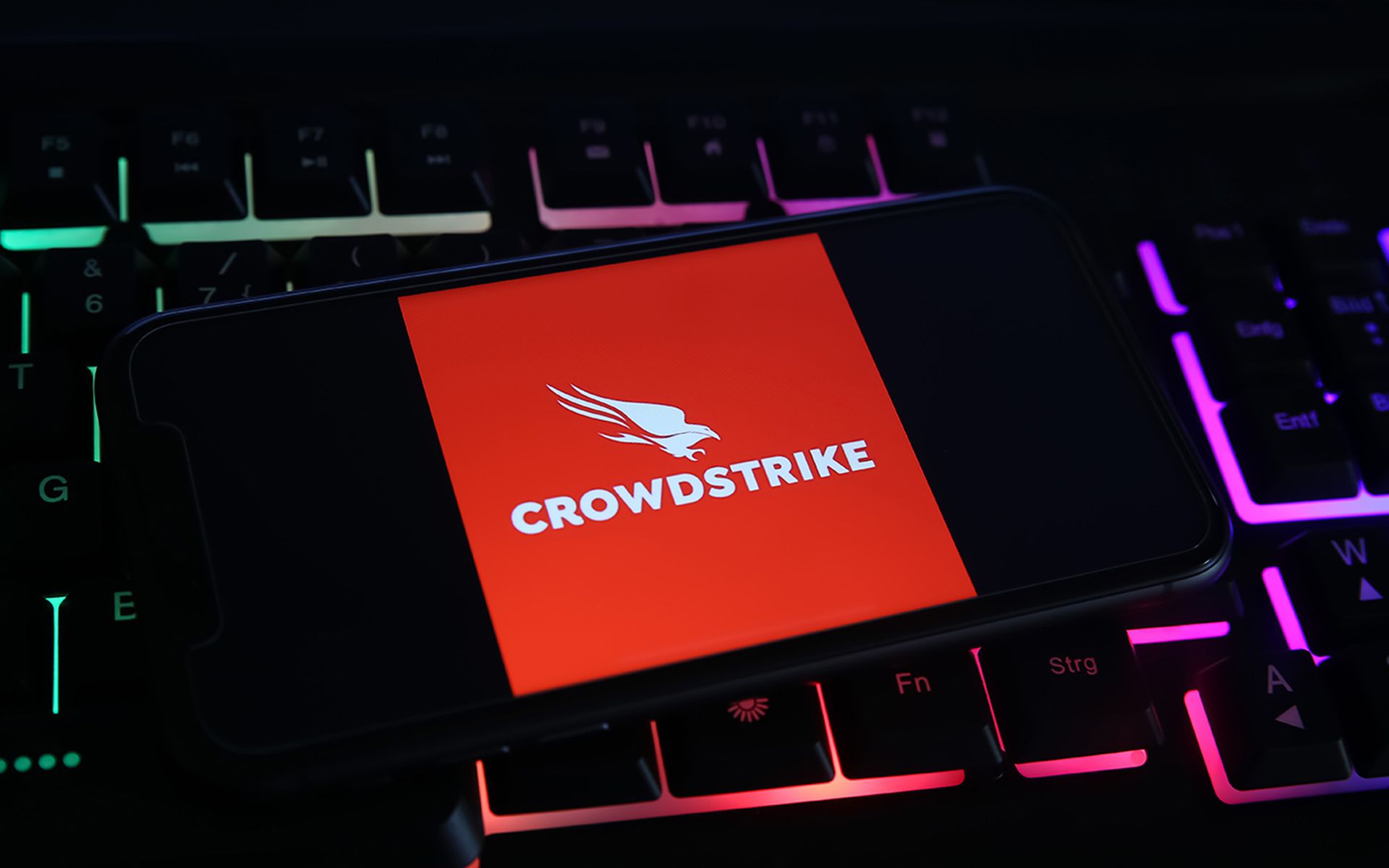COMMENTARY: These days, artificial intelligence can be found just about everywhere. As an MSSP, you are likely beginning to see the impacts of AI within your own security operations center (SOC).
Of course, as with anything new, there are questions, concerns, and reasons for excitement and optimism about what lies ahead. While there may also be some uncertainty as to exactly what role AI will play in the field of cybersecurity, the fact is that it appears destined to make a significant impact.
And as the majority of security leaders will attest, that is a good thing.
“AI has made a huge impact on our SOC,” said Sean Doran, security operations center manager at Brite. “Implementing AI has saved our team so much time and has allowed our analysts to focus on the important tasks that keep our customers safe.”
With AI now beginning to shape the future of SOCs, let’s delve into the benefits, challenges that may arise, and how AI will impact human analysts.
The Effectiveness of AI
While AI is relatively new to the cybersecurity industry, it’s already proving to make an impact in several areas.
One of these is combating wasted time and alert fatigue caused by too much information coming in and not enough resources on hand to respond. By filtering irrelevant alerts, AI allows analysts to concentrate on genuine cyber threats without filtering through overwhelming amounts of data.
In the area of detection, AI has significantly improved the time it takes to detect. Machine learning software can recognize indications faster and correlate those together with other indicators to stitch together a comprehensive story. What used to take analysts minutes or hours is done in seconds.
AI-based automation also significantly improves response times. Once a threat is detected, an automated response is triggered based on defined playbooks. Examples include isolating a compromised system or disabling a user account. As a result of automation, SOCs are measuring significant reductions in average time to detection and average time to resolution.
AI also excels at improving detection accuracy. This means it can identify nuanced attack patterns and help catch sophisticated threats that may otherwise be missed.
Lastly, by employing machine learning algorithms, AI can analyze user behavior patterns and detect anomalies. This provides security teams with early indicators and the potential to predict a future cyber attack.
Key Challenges of AI Integration in SOCs: What to Know
Though AI unquestionably provides a much-needed boost to SOC teams, it’s not without potential hurdles.
For instance, some AI algorithms struggle to explain how and why a decision is reached. Also, implementing AI solutions can be complex and require substantial resources and specific expertise, which may be difficult for small and medium-sized businesses.
This is not set it and forget it. Threat actors are constantly adapting their attack techniques. As such, it is imperative that any AI-powered tools can continue learning and that their models can be updated.
The training data presents another set of issues, in both bias or incomplete data. If the data the AI systems are trained on is biased toward one topic or incomplete compared to the external forces, then the systems will produce biased results or may not cover the full scope.
Lastly, it’s also important to note that AI is not infallible. While it is undoubtedly a valuable tool for SOC analysts to leverage, the reality is that human oversight remains critical to maintaining an effective cybersecurity defense.
Human Analysts are Here to Stay
Many experts agree that AI should be seen as a complementary tool to an organization’s SOC, not a replacement.
While machines can recognize patterns based on input and learning from human sources, their capabilities of proper understanding are limited. Certain alert types are best handled through a human analysis and response rather than by AI or automation.
What AI does accomplish for SOC analysts is minimizing repetitive tasks, offering intelligent support, and empowering them to focus on uncovering sophisticated threats and developing long-term security strategies. In a nutshell, AI maximizes efficiency, makes tedious tasks much easier, and saves analysts time, which allows them to prioritize alerts more effectively.
AI is a Game Changer - Are You Ready?
With most security leaders believing that AI will be a “game changer” across virtually every security function, you must ask yourself, “Is my SOC team AI ready?”
While it is perfectly reasonable to have questions or concerns about introducing AI into your SOC, the fact is that doing so is crucial to empowering your analysts and placing them at the forefront of the future of cybersecurity.
“Some organizations are afraid to use or implement AI,” Doran said. “As long as this is done in a planned and efficient manner, it can only benefit you.”
MSSP Alert Perspectives columns are written by trusted members of the managed security services, value-added reseller and solution provider channels or MSSP Alert's staff. Do you have a unique perspective you want to share? Check out our guidelines here and send a pitch to MSSPAlert.perspectives@cyberriskalliance.com.



